Social media safety describes the guidelines and practices people should follow when using social media platforms like Facebook, Twitter, and Instagram.
It’s important to remember that social media is a public space, and as such, it’s your responsibility to be discreet and respectful when sharing personal information or photos.
These safety tips will help you protect your personal information, protect your online reputation, and deal with trolls and cyberbullies responsibly. So whether you’re a beginner or an experienced social media user, take note of these essential guidelines.
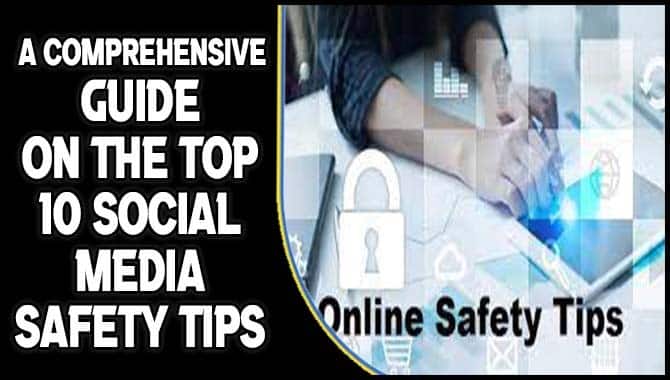
The Top 10 Social Media Safety Tips
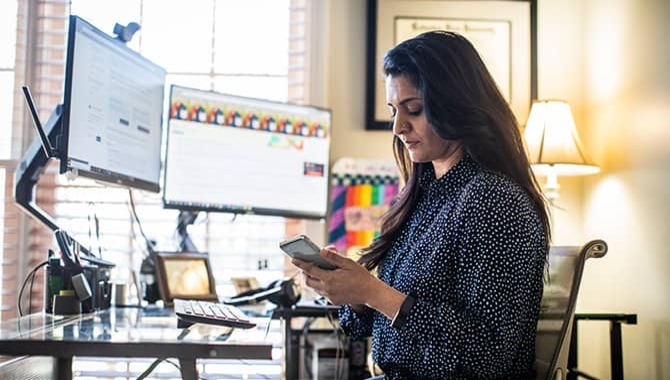
Social media is a great way to stay connected with friends and family, but it can also be a risky place to be. You need to be aware of several things when using social media to stay safe and protect your privacy. Here are the top 10 social media safety tips:
1. Use Social Media Safely
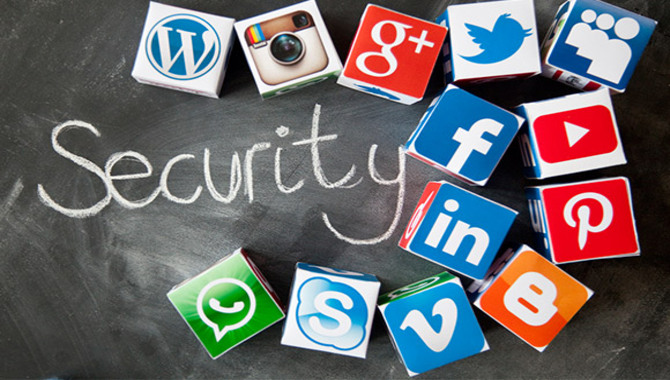
Whenever you use social media, be sure to take precautions to protect your privacy and security.
One of the most important things you can do is be aware of how to use social media to track your activity and whereabouts. Social media platforms like Facebook and Twitter can track your every move using tracking cookies and other methods. This allows them to provide you with targeted ads based on your past activity, which can be very intrusive.
Additionally, ensure that all the personal information you post online is safe and secure. Use a password manager or a secure web browser extension like HTTPS Everywhere to ensure that all your passwords are encrypted and protected from being hacked. And never share personal information such as your credit card number or banking info on social media – this is not safe.
2. Protect Your Personal Information
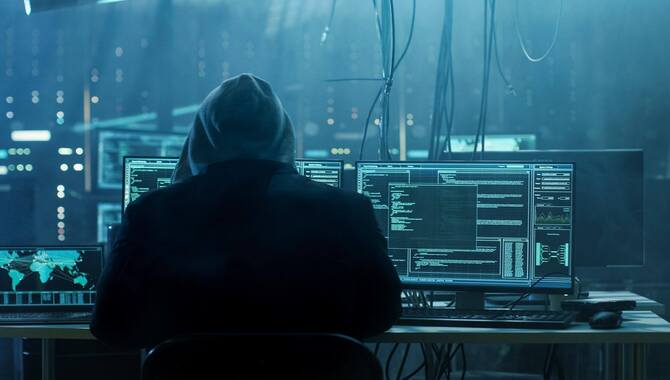
It’s important to keep your personal information safe and secure online and offline.
Online:
Ensure that all the links you click are from trusted sources when you’re online. Avoid clicking on links in unsolicited emails, and be careful when browsing social media sites. Always sign out of any sites you haven’t used to protect data from being tracked.
Offline:
Never share your passwords with anyone – not your spouse or family members- when you’re not using the internet. Also, protect your computer by installing antivirus software, keeping it clean and updated, and always logging off when you finish using it.
3. Monitor Your Online Presence
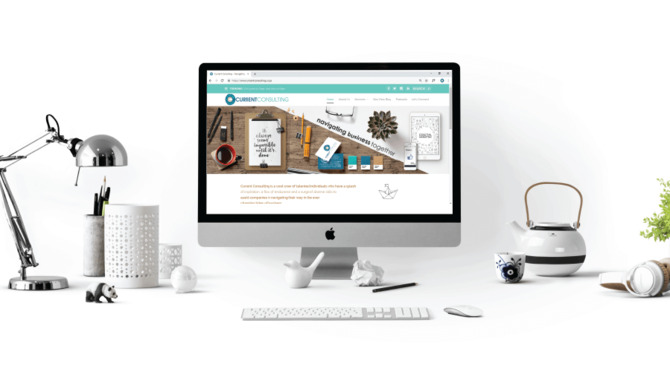
It’s important to keep an eye on your online presence, both in terms of the content you’re posting and how you present yourself.
One of the most common mistakes people make is not properly protecting their online reputation. This can lead to negative comments and reviews being left about them on various websites and social media platforms. It can be difficult to recover from if this happens, as people will often spread false rumors about you.
The best way to protect your online reputation is by using a defamation monitoring service like Disqus or RankTank. These services will help you track all the negative comments and reviews that are being made about you so that you can respond quickly and effectively to them. In addition, they will also help you remove any defamatory content they may have posted about you.
Overall, it’s important to stay vigilant of your online presence and ensure monitoring everything properly to minimize the risk of damage to your reputation.
4. Use Protective Measures When Posting Photos Or Videos
When taking photos or videos, it’s important to use protective measures to ensure that your content is safe and secure. This includes using a password for your account, encrypting your files, and not sharing them with anyone who you don’t trust.
If you’re ever in doubt about the safety of a photo or video that you’ve posted online, be sure to contact the website or social media platform where it’s located. They can help protect it from being deleted or copied without your permission.
5. Stay Safe Online
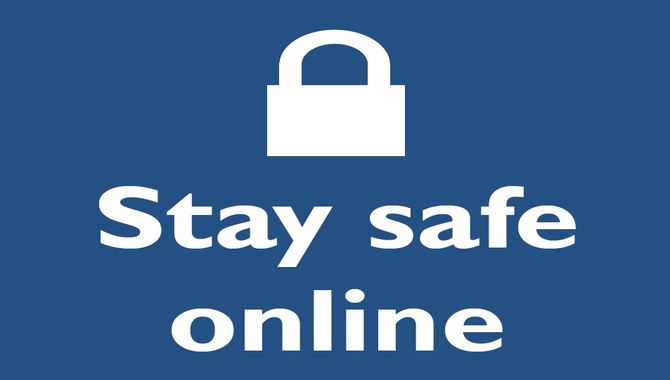
It’s always important to stay safe online, and there are a few things that you can do to help protect yourself.
First and foremost, make sure that you’re using a secure browser. This means that you’re using a browser that encrypts your traffic and keeps your personal information safe. You can also use a password manager to keep track of all the passwords for different websites and services so that you can remember only some of them.
Another thing that you can do is keep your computer clean. This means clearing out the history, cookies, and other data every time you close down your computer. This will prevent any personal information from being stored on your computer in the first place. Finally, be careful about what links you click on – ensure they’re from reputable sources and not ads or phishing scams.
6. Don’t Post Anything Like That
If you’re thinking of posting something online that you wouldn’t want to publish on the front page of a newspaper, then you should reconsider. Though the internet is supposed to be a free and open space, there are still some boundaries that you should respect.
Posting anything that could potentially cause public embarrassment or harm is not only irresponsible, but it’s also potentially libelous. Your post could be used in court as evidence against you if someone else sues you for defamation. Furthermore, it can also damage your reputation in the long run – making it difficult for you to find new work or secure contracts in the future.
So, if you’ve got something vitally important to share with the world, go ahead and do so. But make sure that what you’re posting is something that you’re comfortable sharing with a large audience. And preferably something that won’t get published on the front page of a newspaper.
7. Report Any Inappropriate Content To Facebook Or Twitter
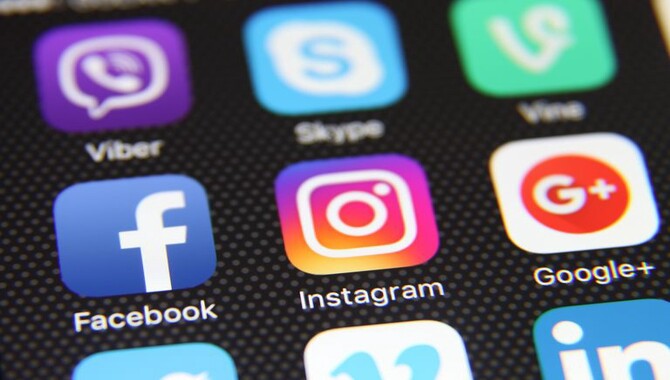
If you see any content on Facebook or Twitter that you believe is inappropriate, please report it to Facebook Twitter. They will take appropriate action to remove the content and ensure that it doesn’t appear again on their platforms. Thank you for being so helpful in ensuring that our platforms are safe and free from inappropriate content.
8. Educate Yourself About Cyberbullying
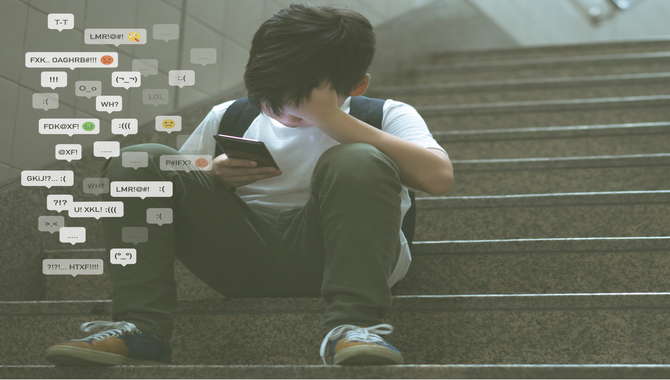
Cyberbullying is a form of bullying that takes place online. It involves any harmful or destructive communication, including sending harmful messages, making hurtful comments, posting embarrassing photos, and so on.
Cyberbullies can be anyone – friends, family members, classmates, and work colleagues – and they use technology to target their victims. They often use social media platforms like Facebook and Twitter to target their victims because these platforms are easy and anonymous to use.
Cyberbullying can have a devastating impact on the victim’s mental health and well-being. It can lead to feelings of depression, anxiety, stress, self-hatred, isolation from family and friends, and even suicide attempts. In extreme cases, it can lead to physical and psychological injuries.
You must know what cyberbullying is to identify it when it happens to you or someone you know. It would be best if you also learned how to deal with cyberbullies effectively – this will help protect you from further damage.
9. Safeguard Your Privacy Settings
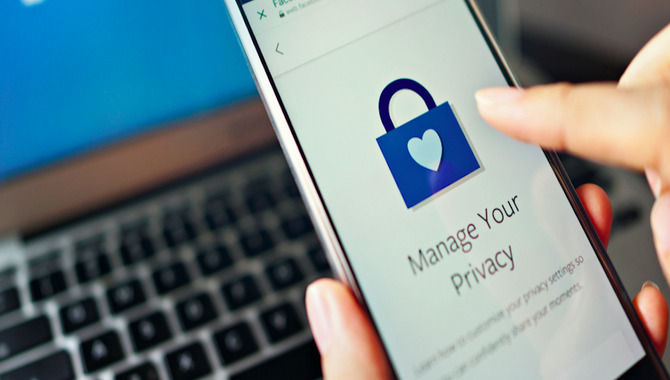
It’s important to protect your privacy settings so that you’re able to keep your personal information safe. Your privacy is your right, and nobody should be able to access or use it without your consent.
There are a few things you can do to safeguard your privacy:
- Don’t share personal information like your address or phone number
- Don’t respond to unsolicited messages or emails
- Always use a secure password and keep it confidential
- Don’t post anything online that could reveal personal information
Remember that only some things that seem private on the surface are safe. For example, if you’re using a public Wi-Fi network, anyone with access can see what you’re browsing. So always be sure to encrypt any sensitive data before sending it over unprotected channels.
10. Use Common Sense

It’s always a good idea to use common sense regarding finances and investments. This means avoiding risky stocks and high-interest loans and investing in assets you can’t afford to lose.
Instead, focus on investments that will provide you with steady returns over time. You can also look for securities backed by strong companies or governments. And finally, make sure you have a solid backup plan in case something goes wrong – like having enough money set aside in an economic downturn.
By taking these simple steps, you’ll be able to protect yourself from the risks associated with financial instability and invest in a way that will provide you with long-term gains.
How To Identify Social Media Dangers
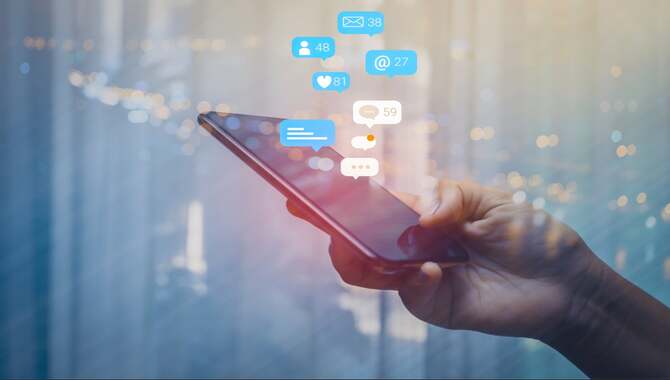
Social media is a great way to connect with friends and family, share your thoughts and feelings, and learn about new things. However, it can also be dangerous when people can post personal information or share inappropriate images and videos.
If you’re concerned about the safety of the information you’re sharing on social media, it’s important to take steps to protect yourself. You can use a variety of tools to help identify social media dangers:
– Use a social media monitoring tool like Hootsuite to keep track of all the posts that are being made about you on different platforms. This will help you see which posts are causing concern and help you take action if necessary.
– Sign up for a free account with Social Sentinel, which will monitor your social media accounts for any suspicious activity. It will also alert you when any changes or updates to your account may require your attention.
– Use online security tools like Google Chrome’s Security tab or Facebook’s Security Checkup to ensure that your passwords are strong and not easily guessed by hackers. You can also install an antivirus program to protect against malicious software attacks.
– Educate yourself about the risks associated with social media to make informed decisions about what information is safe to share and which should be avoided altogether.
Conclusion
Social media safety is keeping your online profile and posts positive and helpful for you and others. You should always be aware of the possible dangers of social media and take the necessary precautions to protect yourself. Don’t share any personal information or photos that you wouldn’t want anyone to see publicly.
Don’t post anything that could lead to conflict or dispute. And make sure that all your posts are civil, polite, and respectful toward other users. You can protect yourself from online dangers and maintain a safe online reputation. Make sure to bookmark this page and keep it handy for future reference. We hope you’ve found this guide helpful!
Frequently Asked Questions
1.Should I Use An Online Reputation Management Service To Help Me Manage My Online Reputation On Facebook, Twitter, And Other Social Media Platforms?
Ans: Yes, using an online reputation management service can be a great way to manage your online reputation on social media platforms. By using a service, you can have someone manage all of your social media posts and actions for you and make sure that your online profile looks good, both perceiving and publishing.
2.How Can I Make My Facebook Page Safer And More Professional Looking?
Ans: Making your Facebook page look and feel more professional can be a lot of work, but it’s definitely worth it. There are a few key things that you can do to achieve this goal:
- Make sure your profile picture, cover photo, bio, and interests match the overall look and feel of your page.
- Use keywords in titles, descriptions, and tags so potential customers can find you more easily.
- Use safe URLs for all posts, so people don’t accidentally click on malicious links.
3.What Are The Disadvantages Of Using Social Media As A Business?
Ans: There are many disadvantages associated with using social media as a business. The main ones are cyberbullying, personal data leakage, and reputation damage. By cyberbullying, we mean that someone hurts or insults you online and ruins your reputation. Personal data leakage refers to the theft of your personal information, like your email address or password, from social media sites.
4.Which Social Network Is Better: Facebook, Twitter, Or Instagram?
Ans: Given the different risks associated with each social media platform, it is important to compare them and make an informed decision.
When comparing Facebook, Twitter, and Instagram, it’s important to be aware of the different risks associated with each.
5.What Are Some Benefits Of Having Multiple Social Media Accounts For Different Purposes (Business And Personal)?
Ans: There are many benefits to having multiple social media accounts for different purposes. Some of these include:
- Having multiple social media accounts allows you to market your business and personal brand differently. You can use personal social media platforms to communicate with friends and family while using professional social media platforms to promote your business or speaking engagements.
- By using a variety of channels, you’ll be more likely to reach your target audience and create loyal customers. Not only will this help you grow your business, but it’ll also save you time and money in the l

Leave a Reply